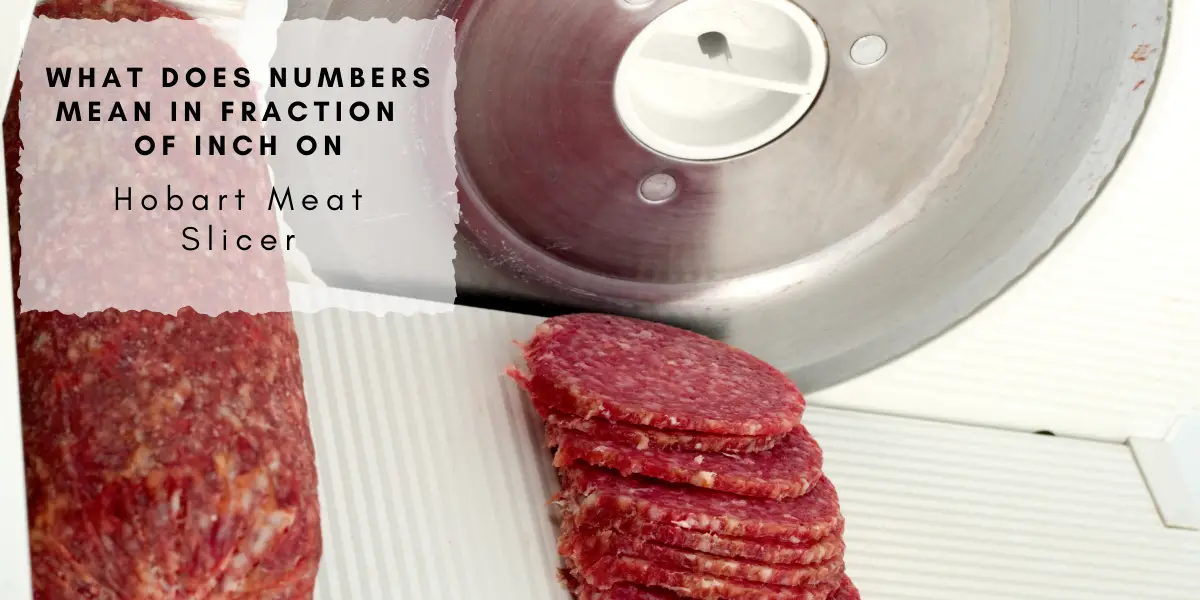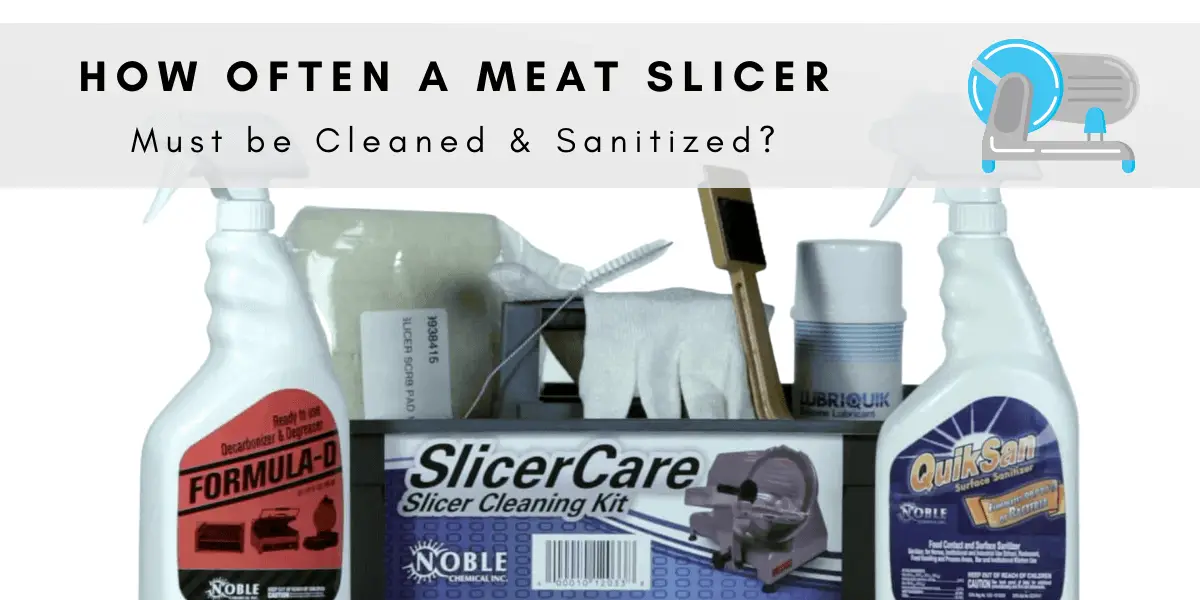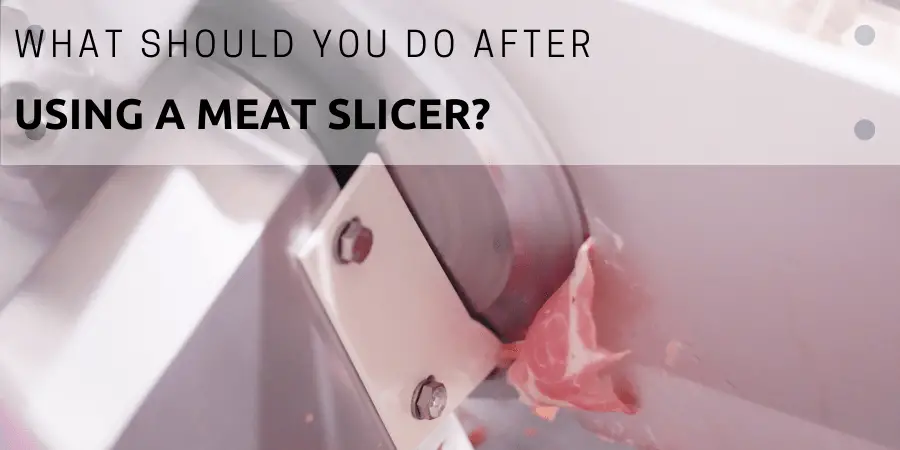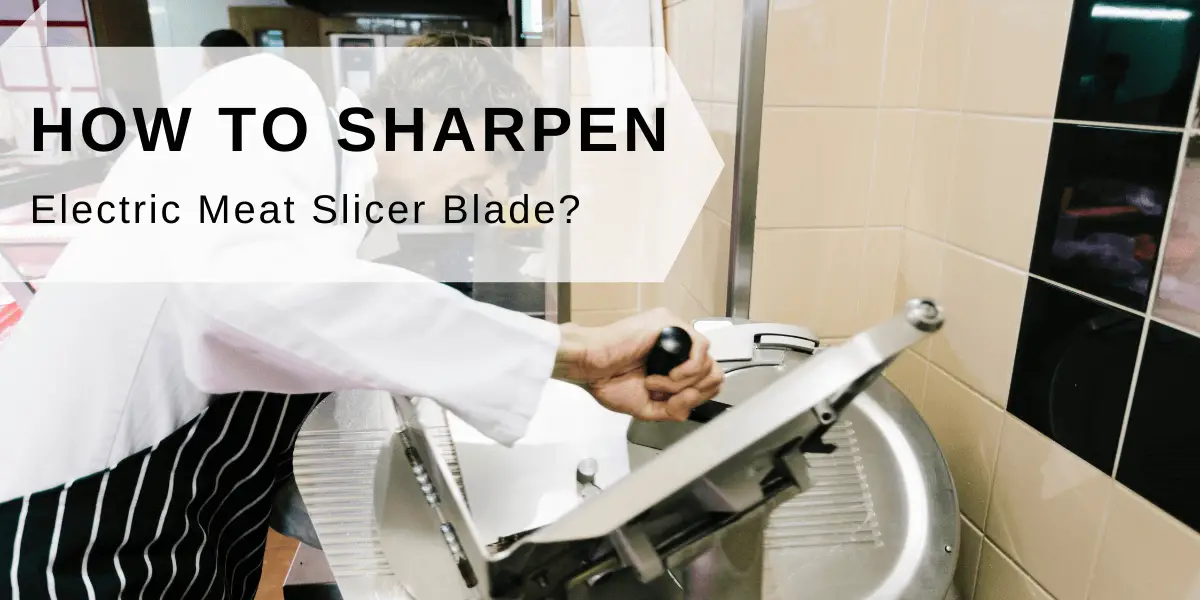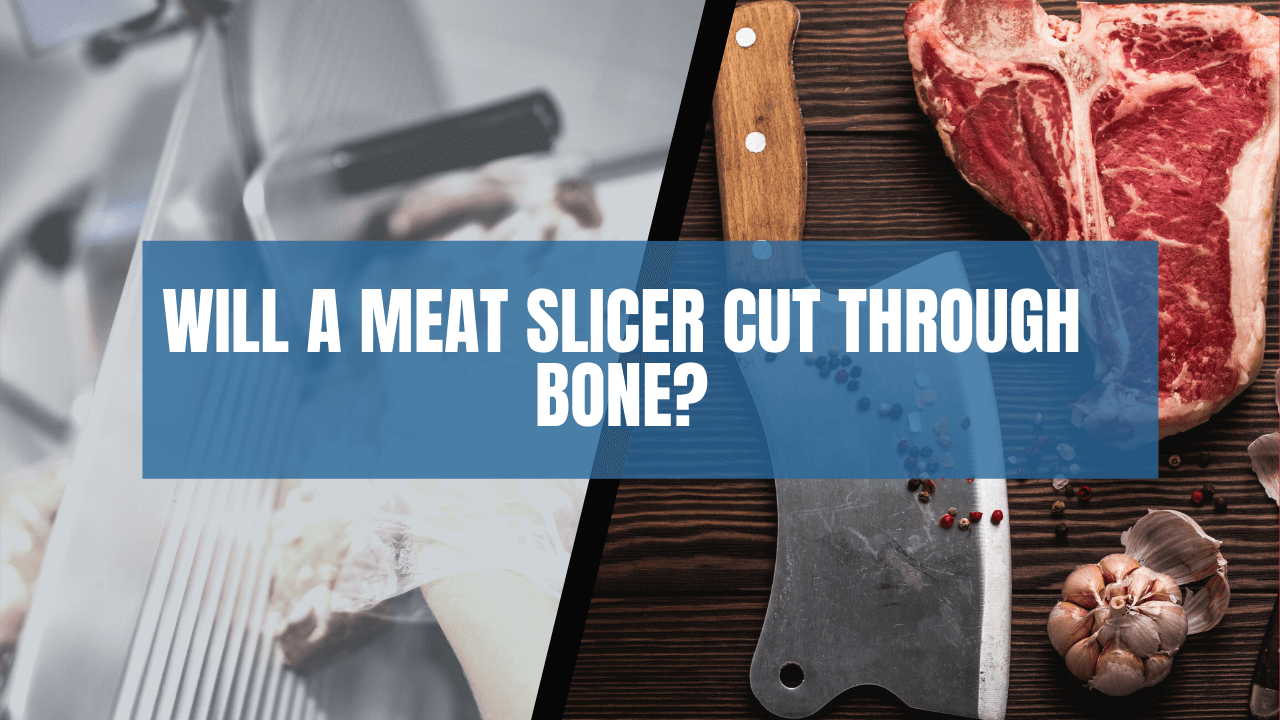Operating a meat slicer is a common task in many restaurants. This versatile equipment can streamline kitchen operations by quickly and efficiently cutting various foods. However, without the appropriate safety precautions, it can pose serious risks. Given the speed and sharpness of the blade, injuries can be severe. Therefore, it’s essential for restaurateurs and their staff to be well-versed in safety measures when handling this equipment.
Why Meat Slicer Safety Is Important
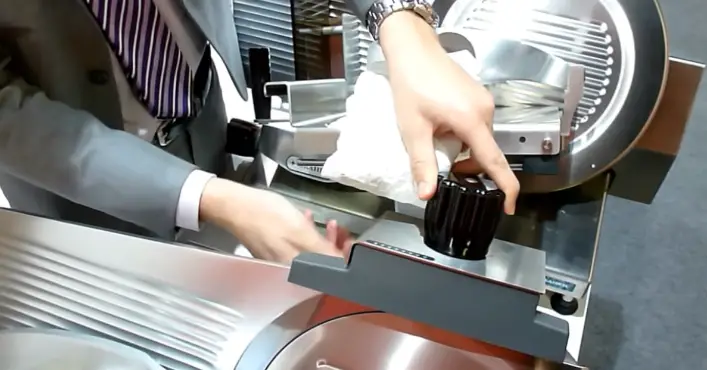
The Risks of Negligence
Ignoring safety precautions when operating a meat slicer can lead to serious injuries. Given their sharp, rapidly moving blades, these machines can easily cause lacerations if improperly handled. These accidents harm your staff and result in downtime and potential legal implications.
Health and Hygiene Benefits
Ensuring the safe use of meat slicers also promotes cleanliness. Properly maintained slicers are less likely to harbor bacteria, helping to prevent foodborne illnesses and uphold your restaurant’s reputation.
Meat Slicer Safety Tips For Restauranteurs
Sure, here are some safety tips for using a meat slicer in a restaurant setting:
- Training: Every staff member using the slicer should be properly trained on how to use it safely. This includes understanding the various parts of the machine, how they operate, and the associated hazards.
- Personal Protective Equipment (PPE): Employees should wear cut-resistant gloves when operating the slicer. They should also wear non-slip shoes to prevent slips and falls.
- Inspect the Slicer: The slicer should be thoroughly inspected before each use. Check the blade for any chips or cracks, ensure all safety guards properly function, and confirm that the slicer is properly secured to its stand or countertop.
- Keep the Work Area Clean: A clean workspace is a safe workspace. This includes cleaning the slicer regularly. Remove any meat remnants and clean the machine thoroughly after every use.
- Avoid Distractions: Stay focused on the task when operating the slicer. Avoid any distractions that could lead to accidents.
- Proper Slicing Technique: Always use the food pusher or holder when slicing. Never push the food with your hands or fingers.
- Turn Off When Not in Use: When the slicer is not in use, turn it off. Also, make sure it’s unplugged when cleaning or changing the blade.
- Regular Maintenance: Regularly maintain your slicer according to the manufacturer’s instructions. This includes sharpening the blade as needed.
- Report Any Issues: If a slicer is malfunctioning, report it immediately. Never use a broken or malfunctioning slicer.
- Emergency Preparedness: Ensure that all staff know what to do in an emergency. This includes knowing where the first aid kit is and who to call for medical assistance.
By adhering to these safety measures, restaurateurs can significantly reduce the risk of accidents and injuries from using a meat slicer in their kitchen.
The Role Of Safety Regulations

Complying with OSHA
The Occupational Safety and Health Administration (OSHA) sets safe and healthful conditions standards. Complying with OSHA’s guidelines for meat slicers ensures your staff uses the equipment safely.
Health Department Standards
Your local health department may also have specific guidelines related to meat slicer usage. Adhering to these not only boosts the safety profile of your restaurant but also helps maintain its cleanliness and hygiene standards.
FAQ
What should I do if the meat slicer blade becomes dull?
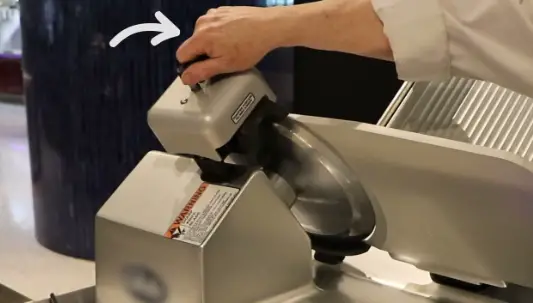
You should sharpen it using the sharpening tool that came with the slicer. If you’re not comfortable doing this yourself, consider hiring a professional to do it.
How often should I clean my meat slicer?
It’s recommended to clean the slicer after each use. This ensures food particles do not build up, which can lead to bacterial growth and dull the blade.
Can I use a meat slicer for other food items?
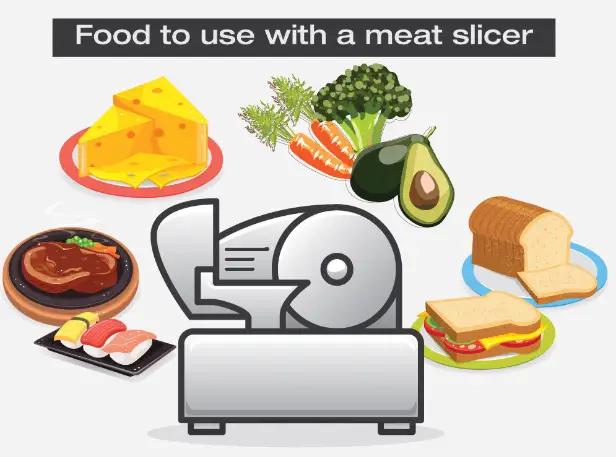
Yes, you can. Meat slicers can also be used for slicing vegetables, cheeses, and bread. However, clean the slicer thoroughly between different food items to avoid cross-contamination.
What should I do if the meat slicer is not cutting evenly?
This usually happens when the blade becomes dull, or the slicer isn’t assembled correctly. Check these aspects and fix them as needed.
Is it necessary to unplug the meat slicer before cleaning?
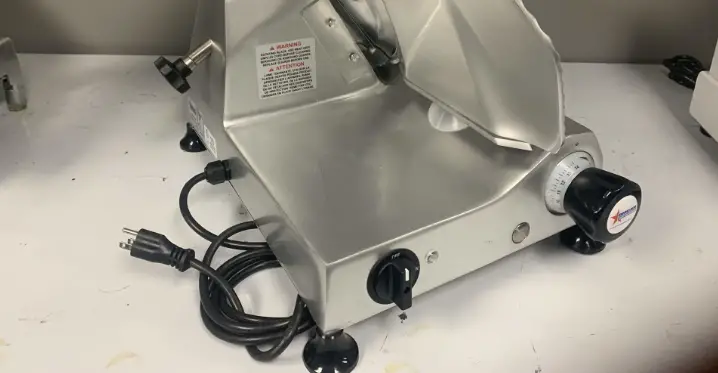
Yes, unplugging the slicer before cleaning is a critical safety measure to prevent any accidental activation of the slicer.
Conclusion
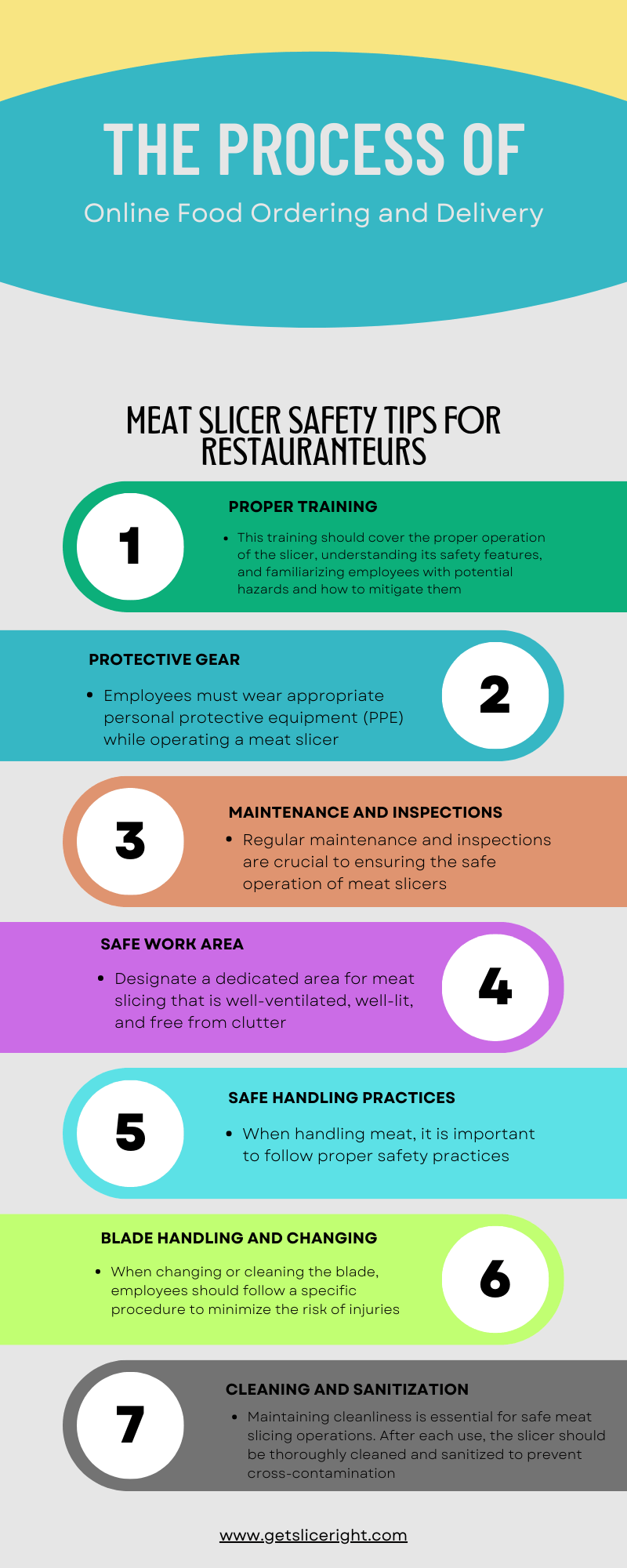
A meat slicer can be a valuable tool in a restaurant kitchen, saving time and improving efficiency. However, it can also be a source of significant danger without the right safety precautions. Every restaurateur is responsible for ensuring that their staff are adequately trained and always follow the recommended safety guidelines when operating these machines. By doing so, restaurants can maintain a safe working environment, prevent potential injuries, and continue to provide high-quality food to their customers. Safety is always a priority in the kitchen, and taking these precautions seriously will go a long way in securing the well-being of the restaurant staff and the business as a whole.

Mario Batali is a renowned author, food enthusiast, and passionate chef who has dedicated his life to exploring the world of culinary arts. With a love for sharing his knowledge and experiences, Mario has become a prominent figure in the food blogging community, inspiring countless readers with his creativity and expertise.
In addition to his culinary prowess, Mario Batali is also a talented writer with a flair for engaging storytelling. He launched his own food blog to share his recipes, cooking tips, and personal experiences in the kitchen. Over time, Mario’s blog gained a loyal following of food enthusiasts who appreciate his unique approach to cooking and his dedication to using only the finest ingredients.
Mario Batali’s passion for food and his commitment to sharing his knowledge with others have made him a true inspiration in the world of culinary arts. Through his blog, cookbooks, and public appearances, Mario continues to spread his love of food and the joy of cooking with his ever-growing fanbase.

